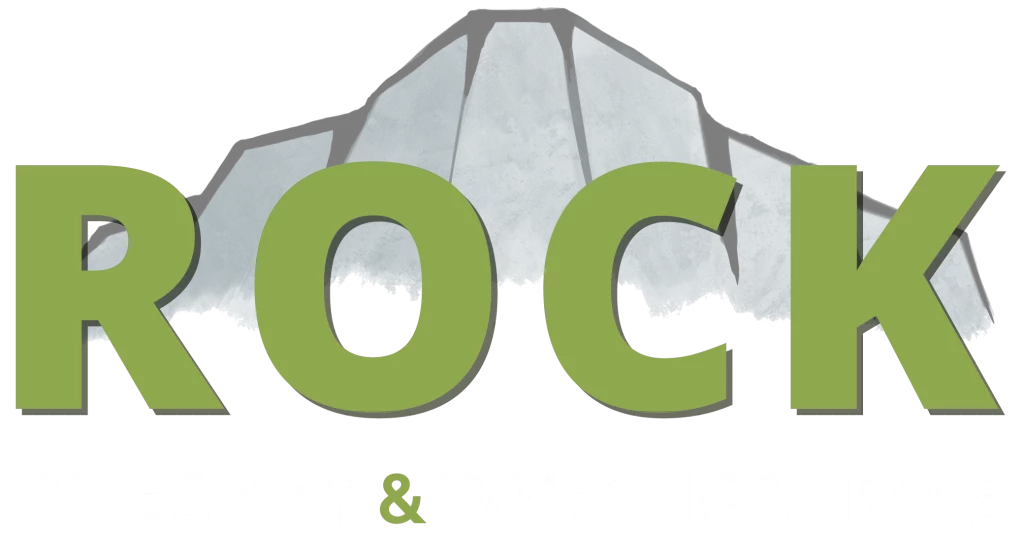We watched “Bad Surgeon: Love under the knife”, the Netflix Documentary covering the story of Paolo Macchiarini, a thoracic surgeon with build himself as a larger than life character by misleading his patients and… pretty much everybody else.
This is a documentary, distributed by Netflix, available exclusively on the Netflix platform, in 3 episodes of 48 to 58 minutes, focusing on the period 2013-2015 of Macchiarini’s life, with a few incursions in his more distant past. The documentary covers Macchiarini’s personal life, as narrated by two women who were in a romantic relationship with him, as well as his professional life, performing cutting edge surgeries in several hospitals across Europe.
As it is the case with many other Netflix documentaries, we were struck by how relevant this scandal is to the compliance profession: the stakes are extremely high in terms of reputation and money, whistleblowers are speaking out and being retaliated against, red flags are being ignored… this has all the ingredients of a white-collar scandal, except here, it is the collar of a medical coat and the victims die directly as a result of the manipulations.
Overall, this documentary is quite nicely directed. At the beginning, it feels light and glamorous and progressively turns darker and darker. At the end, the viewer is sickened for the trail of unnecessary suffering and death he appeared to have left everywhere he worked.
We recommend you watch this documentary and let us know if you agree with the 5 compliance lessons we drew from this story:
Lesson number 1: don’t let a good story distract you from relevant KPIs
In this case, as in many other famous white-collar crime stories, story-telling obscured reality.
Just like Carlo Ponzi, Elizabeth Holmes or Sam Bankman Fried, Dr. Macchiarini was an expert at telling a story people wanted to hear and believe in: he was saving lives by innovating. The word “miracle” is indeed used repeatedly in this documentary to describe Dr. Macchiarini’s work.
As tempting as it is to identify people as “geniuses” or “miracle workers”, success should be measured based on facts. Simple metrics like: how many lives were actually saved? How many patients actually cured by the treatment? How many died of complications after the surgery?
Long term, sustainable patient survival rate appeared to be a good KPI in this case. It doesn’t look like it was seriously considered until the very end.
Lesson number 2: big deceptions start with small lies
We can all agree that when the man you are engaged with explains all the inconsistencies in his previous statements with the confession that he is in fact a CIA sniper working undercover as a surgeon… we are entering big lie territory. But the entire profile of Dr. Macchiarini was based on small lies here and there: he lied to a patient about having tested his technique on animals before, he misrepresented patients’ condition in post-operation records… Sometimes he is just ambiguous about the content of his work in Russia. He does not say that he did perform extensive testing on mice in Russia but simply dares his interviewer to prove otherwise.
Contributors highlight the fact that they got cheated with a small lie that could have been easily uncovered but that also helped build Dr. Macchiarini’s lethal misrepresentations.
By not uncovering these small lies, some of Dr. Macchiarini’s colleagues became unwilling accomplices that helped him weave the web of deception that was his aura as a life-saving “god-like” innovator.
Skepticism should always be part of the compliance professional mindset, whether in a due diligence or investigation context. Follow up on misrepresentations and inconsistencies and never base an important business decision on unchecked facts.
Lesson number 3: bullying and manipulating behaviors are a red flag
Not all bullies or manipulators are fraudsters… but most, if not all, white collar criminals are documented bullies and/or manipulators. Both behaviors were consistently demonstrated by famous criminal masterminds like Madoff, Holmes, Larry Nassar, Andy Fastow, Lance Amstrong, Gilbert Chikli (another subject of a Netflix documentary)… If they can’t avoid scrutiny by cajoling and acting friendly, they will threaten to hurt your career, or worse.
In this documentary, Dr. Macchiarini appears gracious to his supporters and ruthlessly vindicative to his detractors. He was unforgivingly harsh to anyone who questioned his narrative because he knew he could not defend himself with objective facts.
This kind of behavior can be observed in a corporate context as well. Being too friendly with the auditors or responding aggressively to an inquiry by the compliance department should be considered a red flag and followed up on.
Lesson number 4: Keep your own objectivity in check
Conflict of interest is another recurring feature of big corporate scandals. They can be used by fraudsters to make money through self-dealing or, as it is the case in this story, to build their public image.
The main narrator in this documentary, Benita Alexander-Jeune, admits it herself: being romantically involved with the subject of her journalistic work crossed an ethical line. So much so that she could not publicly admit it (a typical example of undisclosed conflict of interest). But by seducing her, Paolo Macchiarini managed to turn her uncorruptible professional objectivity into fierce romantic loyalty. Her support allowed him to build a public profile and fight allegations of misconduct against him.
As a compliance or audit professional, you may be asked by colleagues to put friendship or loyalty ahead of your fiduciary duty. You must be very careful never to let personal relationships compromise your professional judgement. This may mean recusing yourself from a decision impacting someone you care about. It might seem disloyal to them. But it will ultimately protect everyone involved from any suspicion of impropriety.
Lesson number 5: Don’t retaliate against whistleblowers!
This lesson is common to most scandals we’ve covered on the Compliance Geeks page: a shoot the messenger culture only allows issues to fester… in this case quite literally for the patients involved.
You would think of all whistleblowers, surgeons must be the some of most educated and credible ones… You would think of all the mature scientific organizations, the Karolinska Institute would be one the most likely to take a cold, fact-based look into allegations of misconducts… You would be wrong in both cases. This case proves that bringing up well documented allegations of wrongdoing against well connected and powerful individuals is still a potentially career ending move.
It is so sad to see what the whistleblowers in this case went through in terms of stress and adverse impact on their professional lives… at least initially. They did the right thing by bringing up their findings to the attention of the Institute’s top management. Instead or examining their complaint and examining evidence supporting it, the Institute disciplined them.
This story appears to end better than most for the whistleblowers, as they are ultimately vindicated: they were officially cleared of any misconduct, many Karolinska executives and board members lost their positions. But, in this case in particular, much human suffering could have been avoided by applying an anti-retaliation policy.


